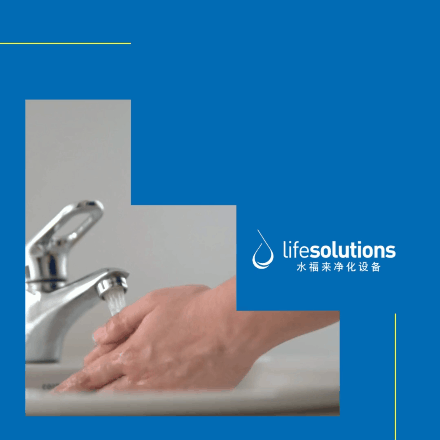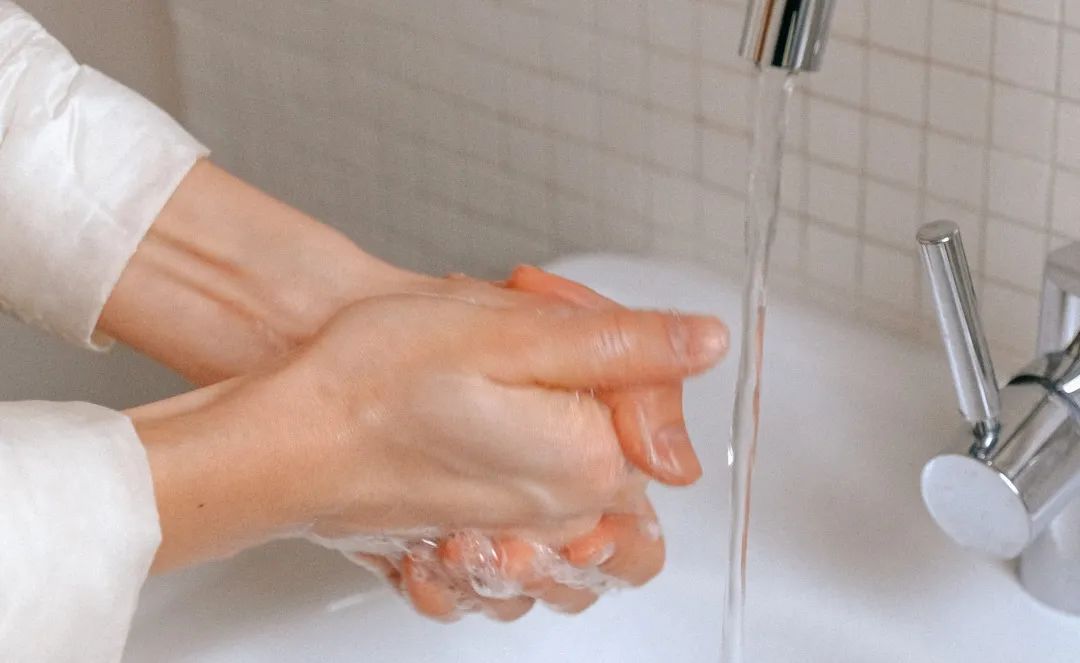Keeping our hands clean is one of the most important measures we can take to prevent getting sick and spreading germs, especially in these times when the COVID -19 pandemic has brought entire nations to a standstill.

Among the World Health Organization’s (WHO) recommendations for preventing the spread of COVID -19, the first is to wash your hands frequently. But why exactly is it so important to wash your hands? If we look more closely, even before the pandemic, diseases like pneumonia and diarrhea were the leading infectious causes of child mortality. Together, these diseases accounted for 29% of all child deaths worldwide and led to the deaths of more than two million children under the age of five each year. Deaths that could have been prevented by thorough hand washing and access to clean water.
Hand washing has been a central part of our personal hygiene for many years, but the connection between the benefits of hand washing and health was not made until less than two centuries ago. In 1846, Hungarian physician Ignaz Semmelweis discovered the link between postpartum deaths and unwashed hands. He found that women cared for by physicians who had previously performed autopsies were less likely to die than those cared for by midwives who did not perform autopsies. When he implemented a strict rule of hand washing before entering the maternity ward, the mortality rate of postpartum women dropped dramatically. This was clear evidence that cleaning hands leads to prevention of infections. [1]

The current pandemic offers us another opportunity to rethink our hygiene habits, including how to ensure that everyone has access to safe and clean water.
In 2008, WHO launched Global Handwashing Day, calling on the world to wash their hands with soap every year on October 15. The goal of this initiative is to raise awareness that the spread of pathogens can be reduced by simply washing hands. Research shows that thorough hand washing can reduce 21% of respiratory illnesses and more than 40% of diarrheal illnesses. [2]

1. Increase awareness of hand washing and develop better hygiene habits.
- When should I wash my hands?
Immediate hand washing is required in the following instances: when entering your home; before and after meals; before and after wearing masks; after coughing or sneezing; after going to the toilet; after touching public areas and taking out the trash; after touching animals.

- How do you wash your hands properly?
Always remember. Washing your hands with clean water is not enough to remove bacteria! Washing your hands with soap can effectively prevent the spread of germs. Rub your hands thoroughly for at least 20 seconds, clean the entire skin, fingertips, back of the hand and seams, and finally wash them under running water.

It is extremely important to pay attention to the quality of your drinking water as well. Sometimes the damage caused by inadequate plumbing is greater than dirty hands. Contaminated water contains germs that carry diseases such as diarrhea, cholera, dysentery, etc. The current Sanitary Standard for Drinking Water in China (GB5749-2006) sets strict sanitary requirements for the quality of drinking water. The water must be clear, colorless, odorless, and free of visible objects; it must not contain pathogenic microorganisms and parasite eggs;
2. The following two types of water should not be used.
- Do not drink ‘raw’ water!
Tap water is disinfected with chlorine and bleaching powder, which can produce harmful by-products. Outdoor stream or well water contains harmful bacteria, viruses and parasites that can cause acute gastroenteritis and parasite infestation after drinking.

- Do not drink unboiled water.
Unboiled water, tap water, may contain harmful bacteria. When you boil water to purify it, you remove harmful bacteria and germs, but not chemicals such as lead, arsenic, mercury, chromium, etc. The only way to remove these chemicals is to use a high quality water filtration system.

Remember that we use water every day not only for drinking, but also for cooking, cleaning and washing. Therefore, it is important that you pay attention to the quality of your water.
Reverse osmosis water purifier effectively ensures drinking water safety
- RO reverse osmosis membrane filtration
Filter element is selected for Life Solution’s purification equipment. RO reverse osmosis membrane is used to remove 99% of pollutants (including heavy metals, pesticides, viruses, etc.) and provide clean and healthy drinking water.

- 3C certification
All filtration products of Life Solution have passed CCC (3C) certification, exceeding the CJ94-2005 Chinese drinking water purification industry standard; Our Billi Quadra, Quadra Plus and Eco models have won the Global Green Tag gold medal energy efficiency certification. (Green Tag is one of the trustworthy and widely recognized ecological labels in the world)

- Maintance
Life Solution’s purification equipment provides you with various maintenance services every year. The filter element should be replaced at least three times every year, which can better meet your water sanitation needs!

Let’s take action together, wash hands frequently, and do a good job of disinfection without giving viruses a chance. Life Solutions will be your most solid partner when it comes to healthy water!
Reference
[1]https://globalhandwashing.org/about-handwashing/history-of-handwashing/
[2] Yang Cuihua Prevention of disease, starting from correct hand washing [C]. Collection of the 12th Guangzhou Health Education and Health Promotion Academic Exchange, 2020: 28-31
[3] Zheng Xiuxia. Risk factors analysis of secondary diarrhea in children with pneumonia [J]. China Rural Medicine, 2021,28 (12): 26-27
[4] Wang Ting, Sun Donglei, Zhao Tianhe, Zhang Zunzhen. Comparative analysis of China’s direct drinking water and related health standards [J]. Journal of Sichuan University (Medical Edition), 2021,52 (05): 729-734
[5] Wu Jingwei Pay Attention to Drinking Water Hygiene and Drinking Healthy Water [J]. Health Guide, 2021,27 (05): 57
[6] Wang Suzhen. Harm and detection analysis of disinfection by-products in drinking water [J]. China Health Industry, 2020,17 (15): 149-150+153



